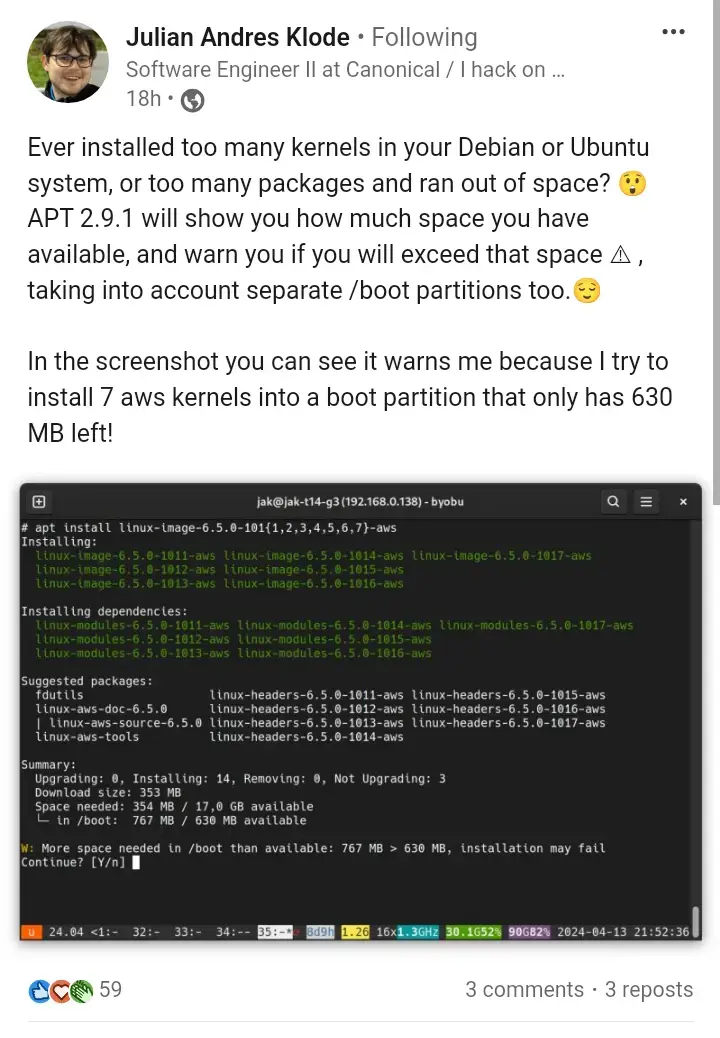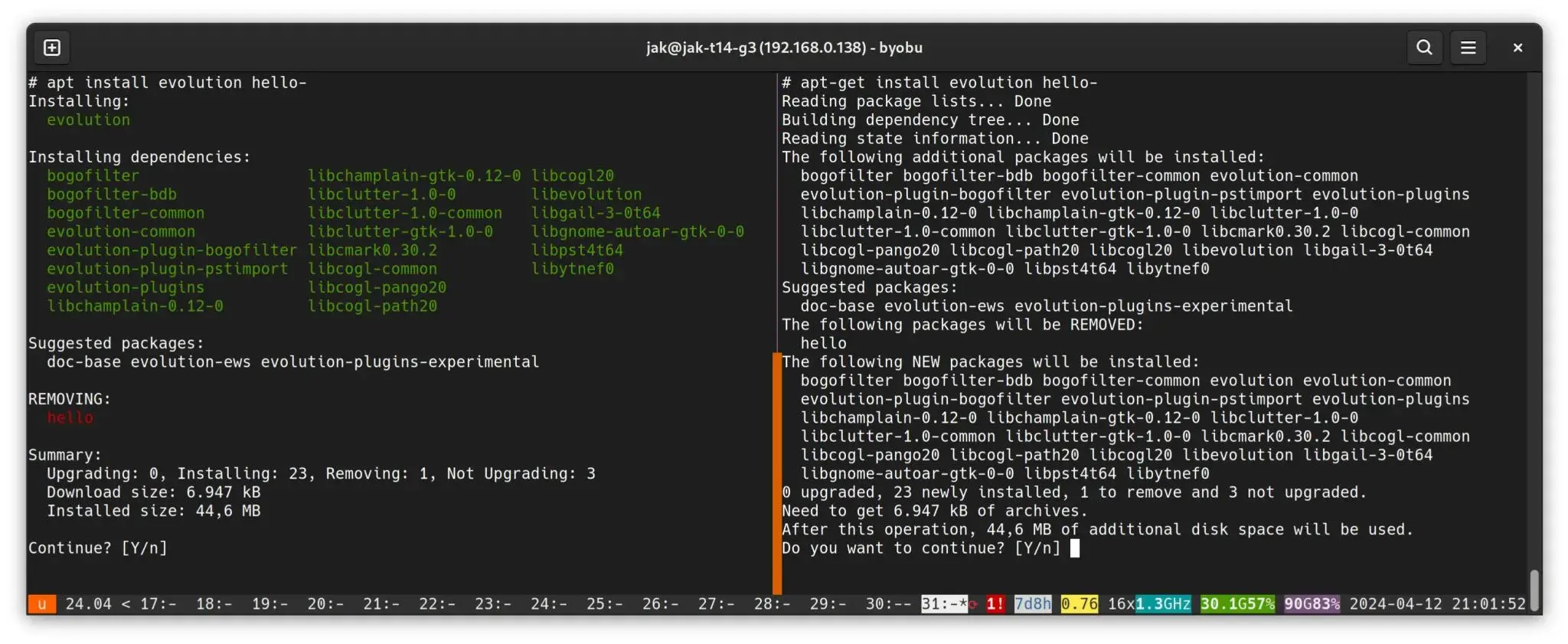cmus is great for music
mpv for videos, there are different extensions to automatically open YT videos with it.
beets for sorting music
nicotine plus for looking for music
syncthing
zathura
improving performance isn’t easy if you feel like things are running smoothly, but there are a few laptop specific things like tlp that you could look into although I suspect that distro uses them out of the box





I’ve been using Linux for a long time. When I install my fist step is to uninstall. I get not wanting things taking up space.
You should be able to remove things like LibreOffice and so on without any issues.
In the past, dependency chains screwed things up depending on the distro. (Remove Chrome? Oh, well, we’ll remove your DE too! I remember once uninstalling VLC, which I never use, wanted to uninstall the browser and other media apps…)
I did go and look around, and you are right. Lots of posts, older and more recent, telling people not to uninstall and change to a minimal distro.